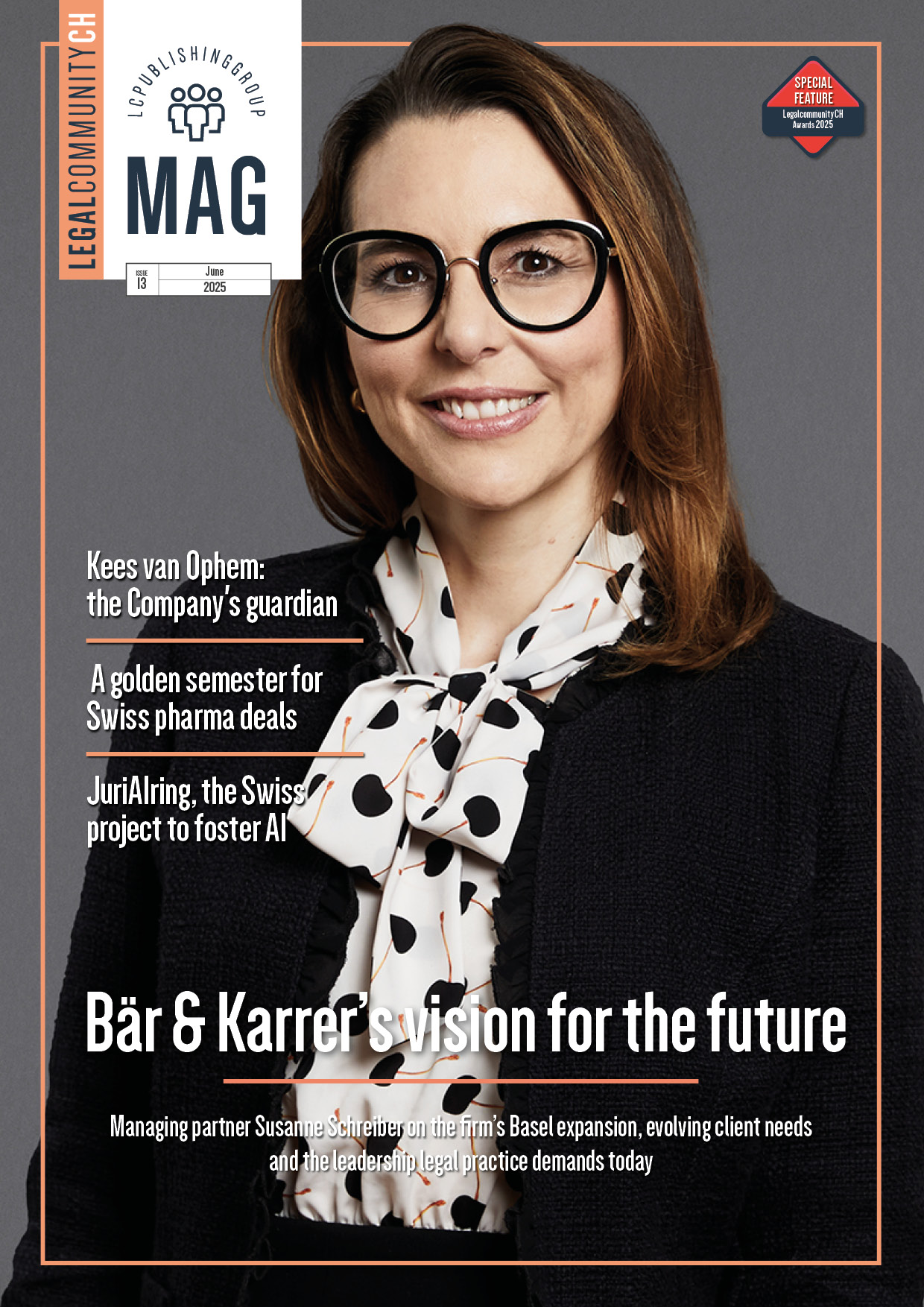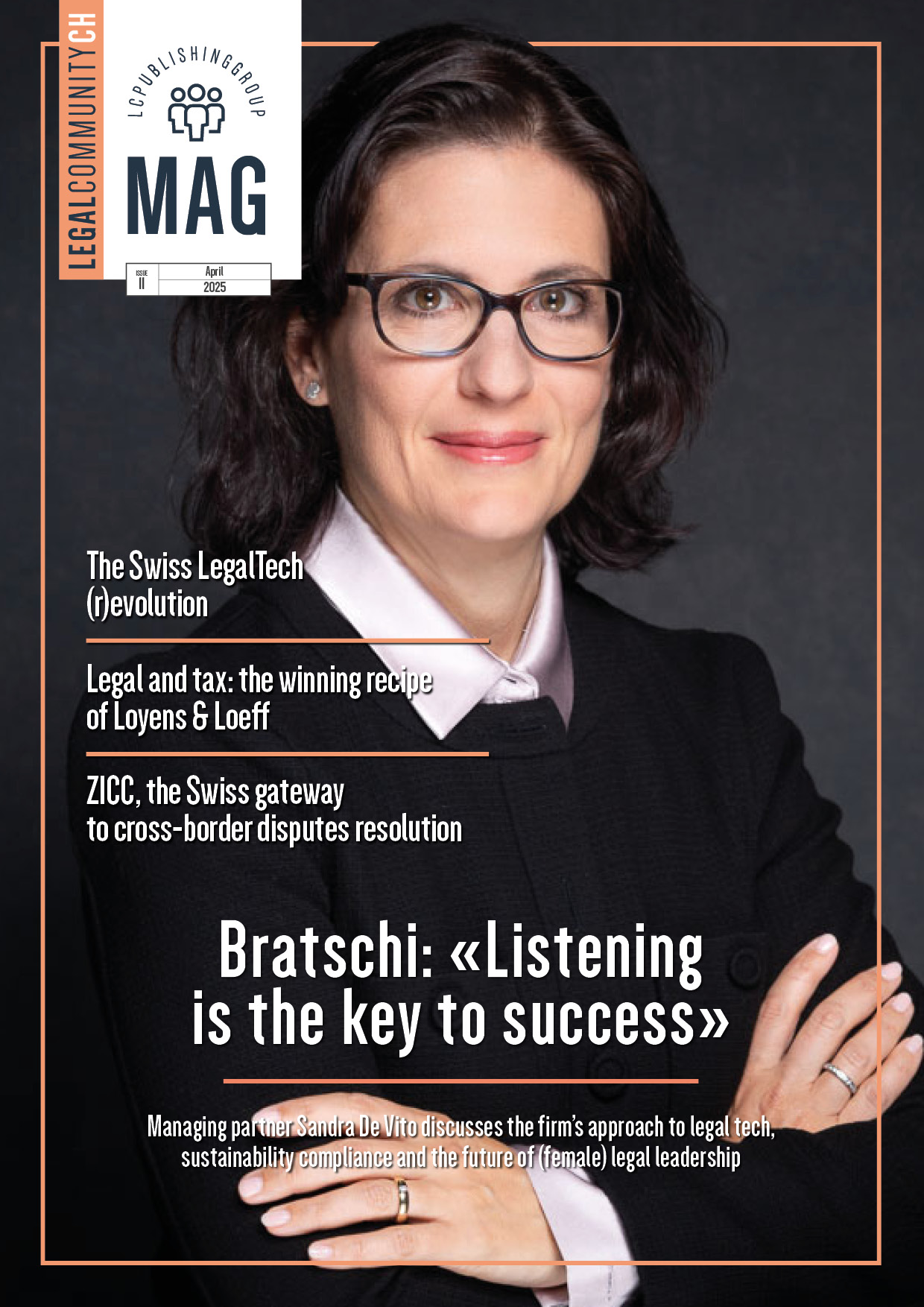How to cope with the «clarity season»
by Ricardo Cortés-Monroy
 The season of Q1 2020 results, earnings calls, investors updates and -crucially- forward looking statements has started in earnest for listed companies. The past few days have seen some and the upcoming weeks will see a myriad more. Clarity is “the concept of the season”. Clarity in form; clarity in substance. I have been discussing about the suggested approach with two main law firms in the USA. Impossible to summarize everything in a short column like this one; but three key concepts emerge, applicable mutatis mutandis in most jurisdictions. And of course, clarity was something our favorite Roman jurist Pliny was keen on back in the first and second centuries A.D.
The season of Q1 2020 results, earnings calls, investors updates and -crucially- forward looking statements has started in earnest for listed companies. The past few days have seen some and the upcoming weeks will see a myriad more. Clarity is “the concept of the season”. Clarity in form; clarity in substance. I have been discussing about the suggested approach with two main law firms in the USA. Impossible to summarize everything in a short column like this one; but three key concepts emerge, applicable mutatis mutandis in most jurisdictions. And of course, clarity was something our favorite Roman jurist Pliny was keen on back in the first and second centuries A.D.
The Covid-19 crisis and its economic repercussions have made extremely challenging what was already a difficult exercise in communication. Just think about “materiality” and the Board’s duty to timely disclose material issues that could reasonably impact the business. It is wise to chew over these words and ponder about them. Who can really state how the Covid-19 health and economic crisis will specifically affect his/her business? Specific means figures, numbers, GAAP and non-GAAP metrics. Specific means considering carefully drafted risk assessments and disclaimers. Specific means not scaring away info-craving shareholders.
Depending on the line of business, we are seeing different approaches. Of course, if you are in the tourism & travel industries the outlook seems quite grim and, unfortunately, clear. But, say, if you are in the consumer goods industries (FCMG or Discretionary), how do you guide? Just this morning, one of the largest companies in the world, simply stated that it could not forecast the impact, while confirming its guidance on the key metrics in organic growth and profitability. On this, it followed its main competitor two days earlier.
My take away? If you just cannot foresee the actual impact of Covid-19 then just state it clearly: “We don’t know”. As a consequence -again this is my suggestion- you must elaborate clearly what are your processes and systems and people to follow-up on this so you can provide guidance in the future as soon as you can reasonably do it. Not knowing something and admitting to it is the first step for the discharge of the board and management duty; the second one is strengthening your team and process in that sense. The myriad of related litigation that we will see in the USA in the coming years will be quite revealing.
Regulation is our friend. Never before regulation is coming in handier than now. For example, the SEC is providing almost on a daily basis guidance and how to benefit from safe harbors. I urge you, dear reader, to consult their website (special section on Covid-19). Most stock markets are issuing similar regulations and interpretations.
Communicating clearly means as well doing it on a timely manner. Most companies have their calendars quite fixed on this. Yet if some materials issues related to -for example- an emerging lack of liquidity or financing, definitely you do not want to wait until July to raise a flag with your stakeholders. Communicating clearly means doing it on a fair basis: with all of your stakeholders. Do not do it on an individual basis, except if you are going to call every and all individually and with the same message (I wouldn’t do it).
Legal counsel has a crucial role here. We must ensure we provide clear advice to line management and the board. More than ever we must understand we work for the company
and not for the CEO, CFO or other officers. I can only sympathize with the stress many of our colleagues must be facing right now.
I could not finish this column without referring to Pliny. Of course there were no listed companies in those days (ventures were contractual arrangements, even the manu dare stemming from the Roman patronage system). But Pliny mastered communications like no one else (OK, Cicero maybe), particularly business and political communications. His letters to the great emperor Trajan are a model of clarity, respect for necessary formality and openness. Enjoy them: 121 letters in Book Ten. Although I prefer the Penguin Classic newer edition for the English version, you might want to be marveled by the perfection of Pliny’s Latin in the Loeb Classical Library (Volume 59 by Betty Radice).
Not sure Pliny will help with your earnings reports and forward-looking statements. But definitely will help to put things in perspective and learn one thing or two about clarity.
Salve.
















